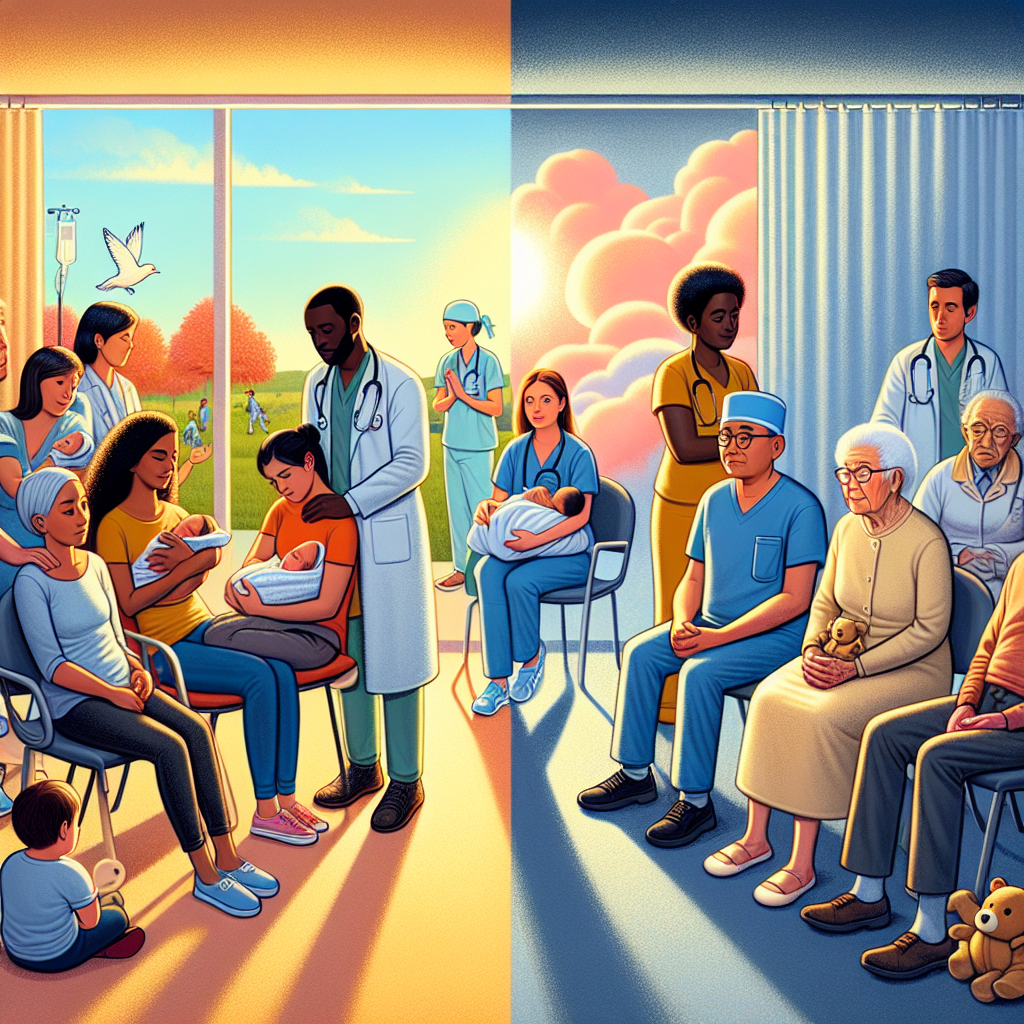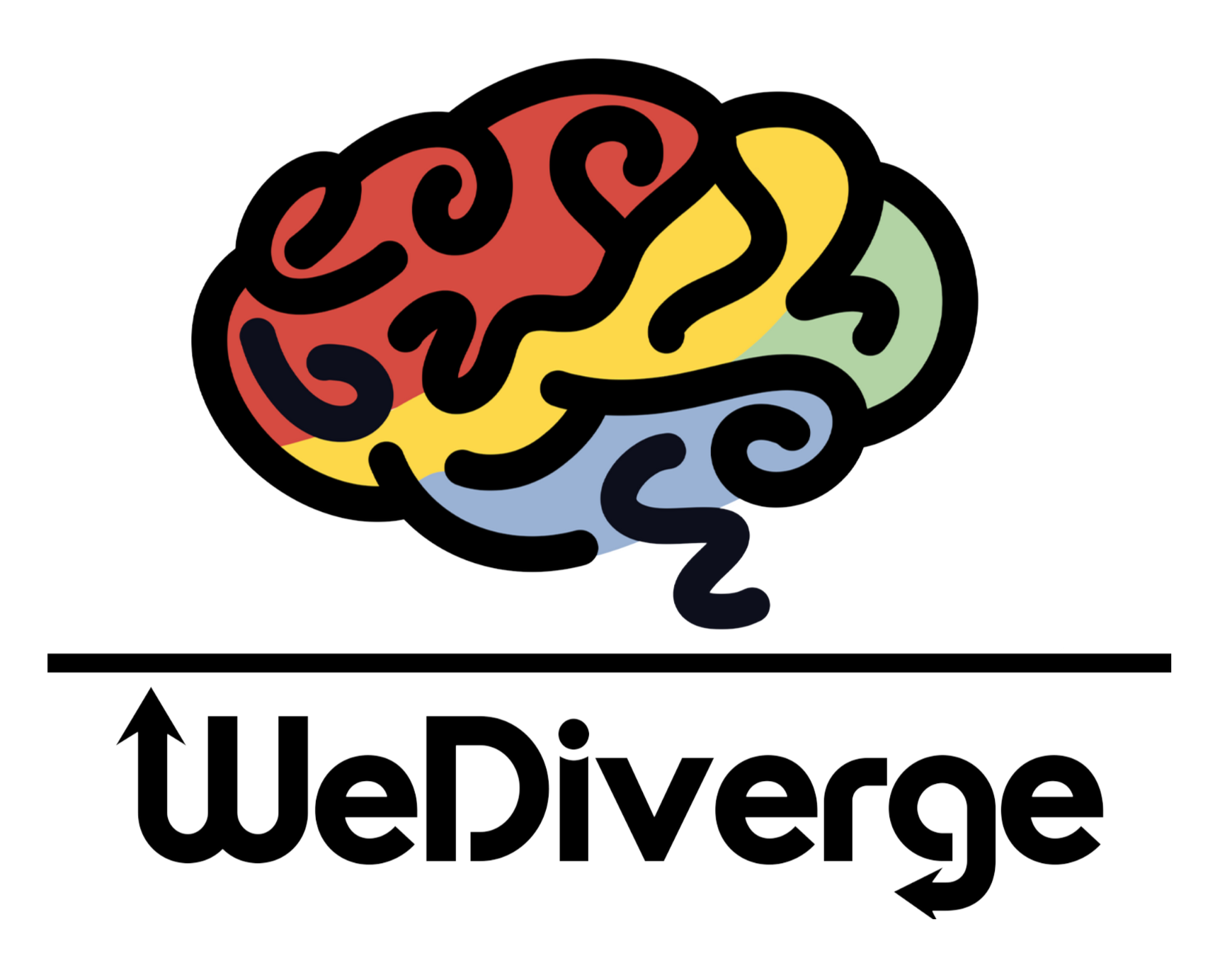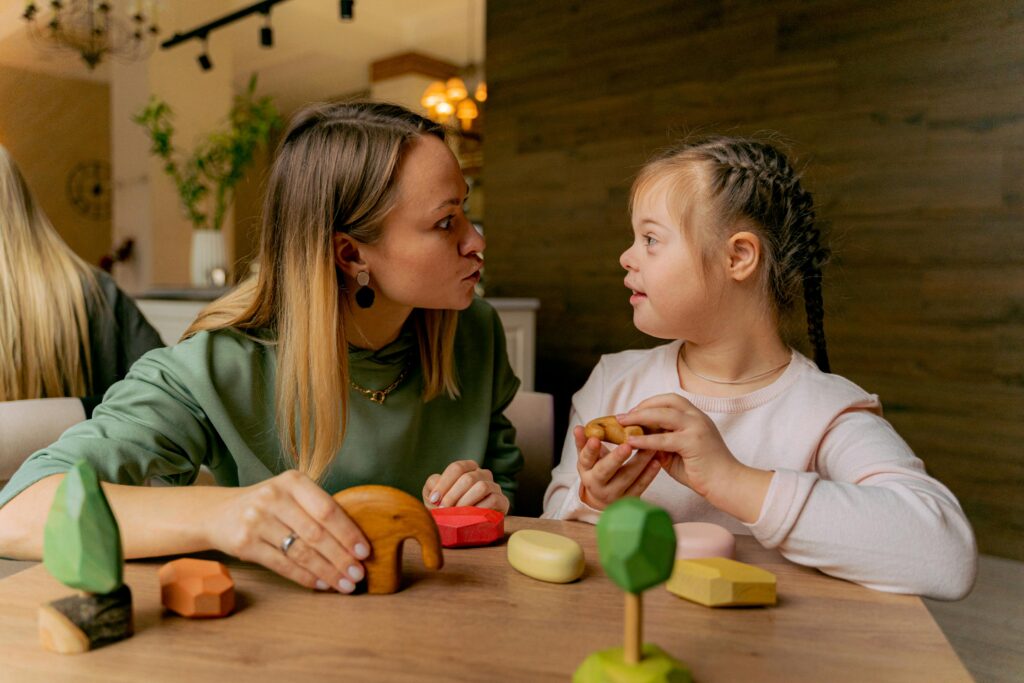Neuroaffirming care is a growing approach in occupational therapy (OT) that focuses on supporting the many different ways brains work rather than trying to "fix" or "normalize". It is all about honoring the natural variations in how we think, behave, and experience the world. Neuro-Affirming Care promotes the value of respecting our differences instead of …
Neuroaffirming care is a growing approach in occupational therapy (OT) that focuses on supporting the many different ways brains work rather than trying to “fix” or “normalize”. It is all about honoring the natural variations in how we think, behave, and experience the world. Neuro-Affirming Care promotes the value of respecting our differences instead of pushing everyone toward a single standard of behavior or functioning.
Neuroaffirming Care vs. The Medical Model of OT

Traditional occupational therapy, which often follows a medical model, has typically been centered around identifying deficits or impairments and working to correct them. In the past, if an autistic child had difficulty with social interactions or emotional regulation, the medical model set goals to teach those skills in ways that mirror neurotypical behavior. While this model can help people meet functional goals, it often unintentionally reinforces the idea that neurodivergent traits are a problem to be erased. It also pressures neurodivergent individuals to mask their true selves, which can be deeply traumatic.
Neuroaffirming care, on the other hand, flips this script. Rather than viewing neurodivergent traits as problems, this approach celebrates them as part of a person’s unique identity. The goal is to provide the support they need to thrive in their own way.
Here’s how neuroaffirming care might look in practice:
- Modifying environments to suit an individual’s sensory needs
- Supporting self-advocacy and helping them express their needs
- Providing adaptive tools and equipment to make tasks more accessible
- Collaborating with caregivers to enhance understanding, support challenges, and promote skill development
The Benefits of Neuroaffirming Care in OT
- Neuroaffirming care empowers individuals to embody their true self and leads to better long-term outcomes. When children feel understood and accepted, they’re more likely to engage with therapy.
- Neuroaffirming care builds goals around an individual’s strengths, resulting in more meaningful and sustainable progress.
- Neuroaffirming care reduces risk of burnout and mental health struggles such as anxiety and depression.
- Neuroaffirming care not only benefits the individual but also influences their family, educators, and community.
So, what emakes an occupational therapist neuroaffirming?

Here are some key qualities and approaches that set neuroaffirming therapists apart:
- Client-centered goals: A neuroaffirming OT supports skills development through personalized strategies, which may include breaking tasks into manageable steps, using sensory-friendly tools, fostering emotional regulation, and creating an environment where the individual feels safe to explore and grow.
- Respect for self-advocacy: Neuroaffirming OTs encourage and support self-advocacy. They help neurodivergent individuals learn how to express their needs and preferences and empower them to make choices about their therapy and their lives.
- Avoiding harmful practices: A key aspect of being neuroaffirming is steering clear of therapeutic approaches that may harm or suppress neurodivergent traits, such as forcing eye contact or discouraging stimming (repetitive movements or sounds). Neuroaffirming therapists understand that these behaviors often serve important functions and don’t need to be “corrected” unless they are causing harm or distress.
- Collaboration and education: A neuroaffirming OT works closely with the individual’s support network – whether that’s family, teachers, or caregivers – to educate them about neurodiversity and help them create supportive environments.
At WeDiverge, we are strong proponents of neuro-affirming occupational therapy in Texas. Our mission is to support autistic children and youth, ADHD, and the broader neurodivergent community and their families. Reach out today to get started!





